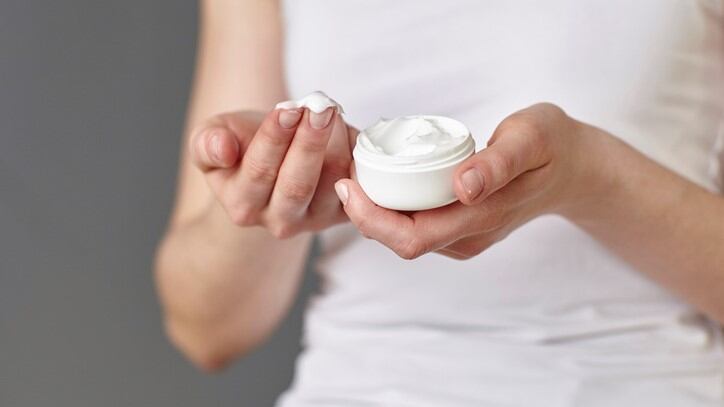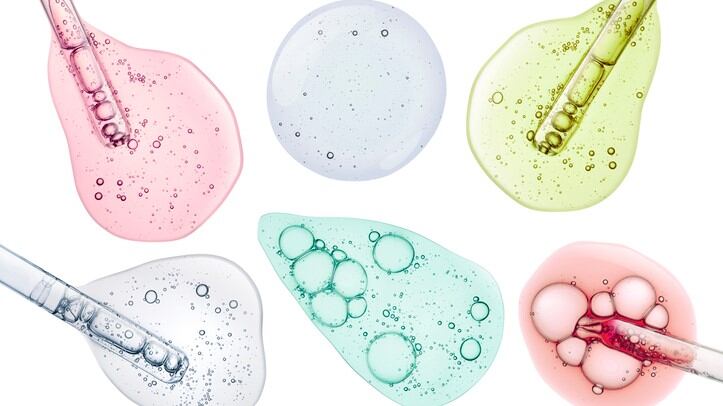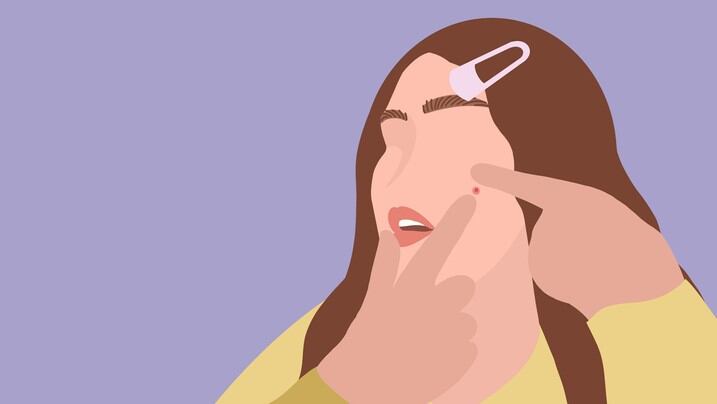This latest finding was part of a 10-year study into the effect that chemotherapy has on skin and hair by Amorepacific and Samsung Medical Centre.
"Amorepacific is researching the changes in skin and hair experienced during chemotherapy and developing products necessary for patients who are suffering from treatment. We hope that the result of this joint research will also help cancer patients improve their quality of life,” said Park Young-ho, head of Amorepacific's R&D Centre.
When undergoing chemotherapy, the production of sebum in the sebaceous glands decreases and causes the skin barrier function to decrease.
The loss of moisture and lipids in the stratum corneum leaves chemotherapy patients with the sensation of skin dryness.
The research cited that 60% of breast cancer patients who have undergone chemotherapy experienced skin side effects reducing which reduce their quality of life (QoL).
Finding a solution
In 2014, a research team led by Professors Ahn Jin-seok, Jo Joo-hee, and Kang Dan-bee of Samsung Medical Centre identified the need for a specialised moisturiser for chemotherapy patients.
Amorepacific turned to Primera, its clean beauty brand, which had previously launched a moisturiser with high ceramide content.
A single centre randomised controlled trial was designed to test a formulation based on the Primera moisturiser.
According to the paper, the moisturiser was formulated with a high content (1.5%) of pseudo-ceramides that mimicked natural ceramides.
Breast cancer patients experiencing skin dryness after one cycle of chemotherapy were randomised into three groups.
The first tested the tailored moisturiser, the second a general moisturiser, and the third followed their usual facial care routine.
This took place from February 2015 to October 2018 at the Samsung Medical Centre in South Korea.
Although the usual care group (UCG) was not blinded, the general moisturiser group (GMG) was blinded.
The study observed several factors from skin dryness to dermatological QoL.
Severe skin dryness on the face was defined as a response to severe or very severe dryness in the Patient-Reported Outcomes version of the Common Terminology Criteria for Adverse Events.
Sebum and water content were measured on the front of the right cheek using a Multiprobe Adapter System.
Skin dryness and dullness was assessed using a 10-point visual analogue scale.
Lastly, impairment of dermatological QoL was assessed using the Dermatology Life Quality Index.
At one month after completion of chemotherapy, the tailored moisturiser group (TMG) was significantly less likely to report severe skin dryness compared to the UCG.
The TMG also reported lower levels of skin dullness and impairment of dermatological QoL than UCG and GMG.
In addition, sebum content in the UCG and GMG was reportedly lower at three weeks and at one month after completion of chemotherapy compared to TMG.
Water content showed a similar pattern, with researchers noting that the differences across the groups were not significant.
The researchers concluded that the tailored moisturiser demonstrated improved patient-reported skin dryness and dullness on the face and dermatological QoL compared to usual care in breast cancer patients undergoing chemotherapy.
Source: Journal of the American Academy of Dermatology
https://doi.org/10.1016/j.jaad.2021.10.047
“Efficacy of a tailored moisturizer for reducing chemotherapy-induced skin dryness in breast cancer patients: A randomized controlled clinical trial”
Authors: Danbee Kang, et al.





